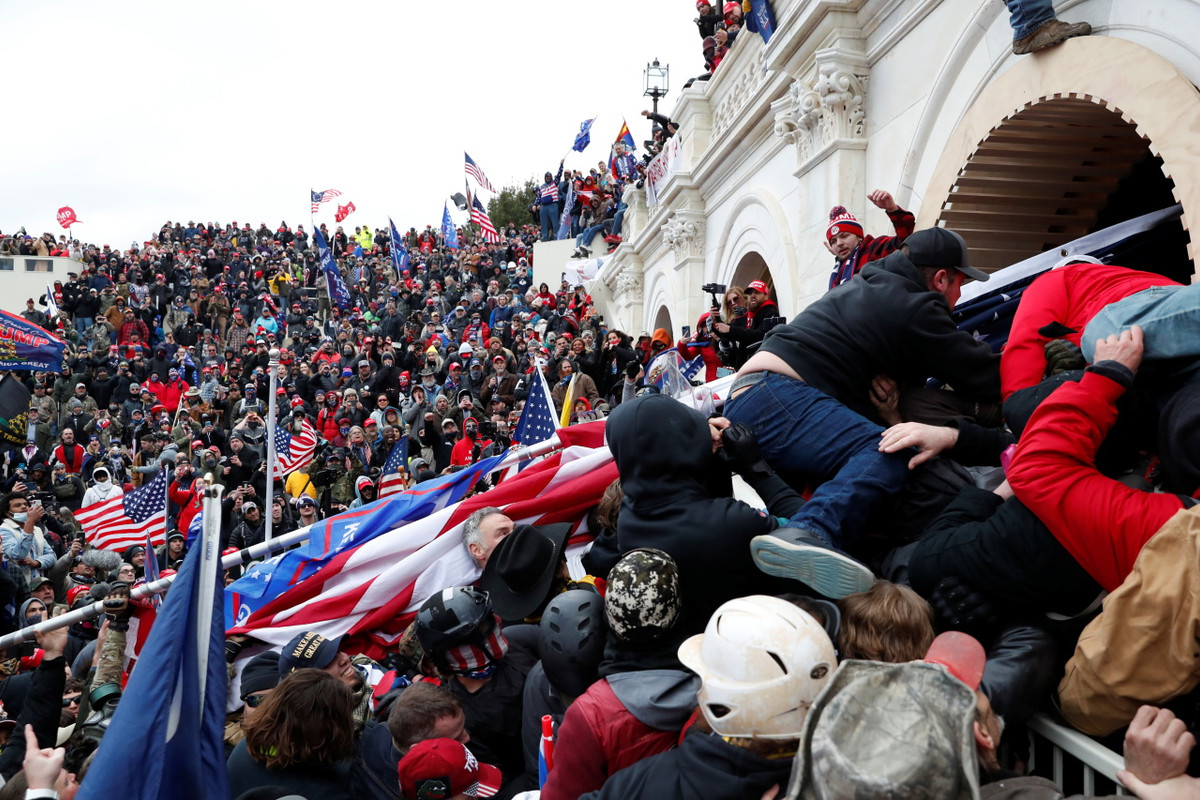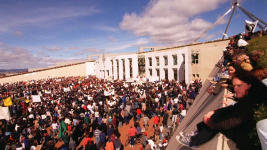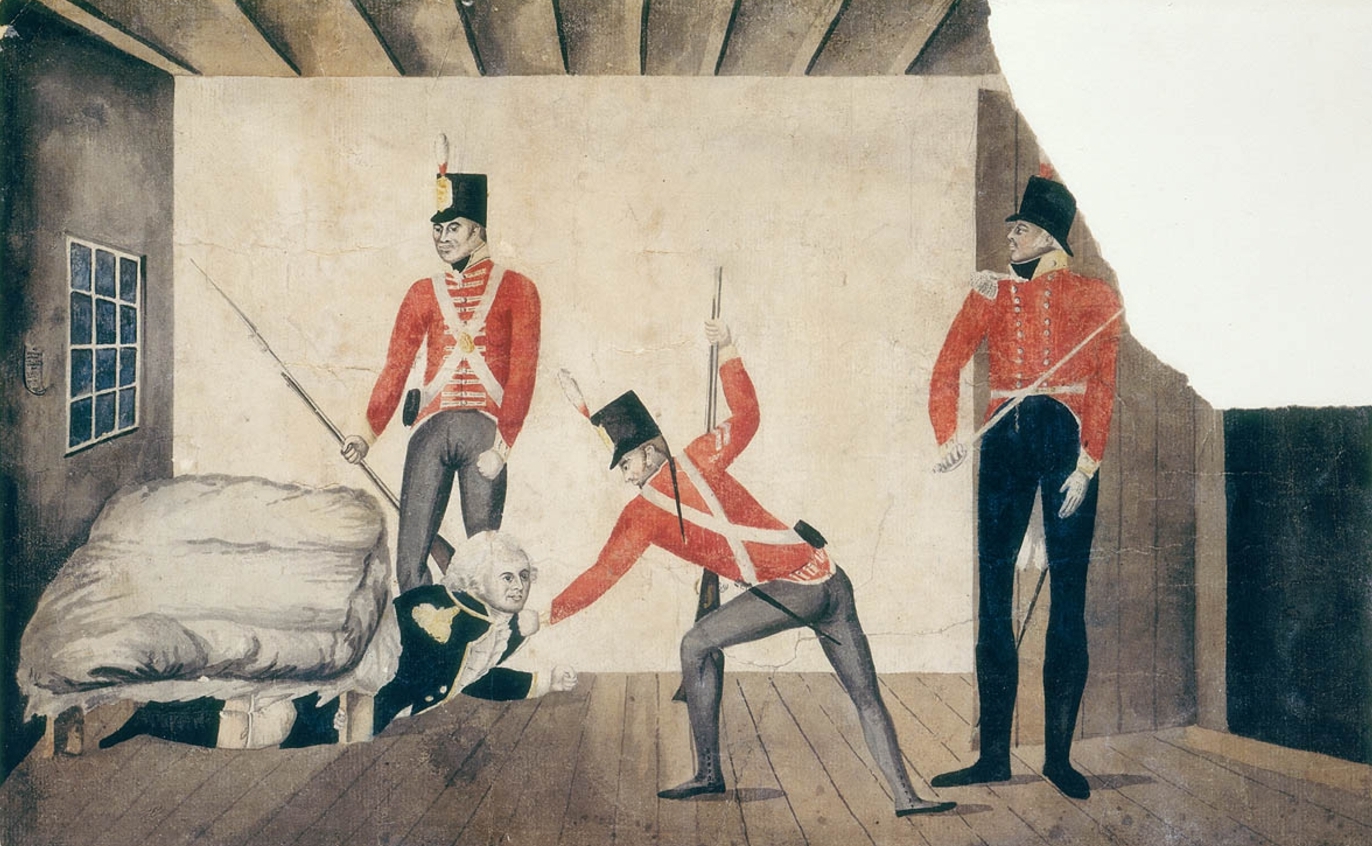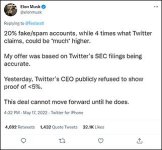I never felt particularly comfortable with Twitter. I have never created an account on there, and I have tended to avoid even opening links that lead to Twitter posts. Everything that I have heard about it suggests that that service has done more to undermine our society than any other force. People that I meet from there are psychologically fucked-up, and they seem to think that someone is going to come and get them if they dare to say what they really think, however harmless. There is more cyberstalking on there than on any other service that I know of, and the fact that parents would let their children into that snakepit is really horrifying to me.
I really do not think that Elon Musk is able to save it. He might think that he can promote free speech on there, but I doubt he has the intestinal fortitude to actually do anything about the harassment and doxxing that goes on there. It strikes me as a fundamental problem with the nature of the service, and I am convinced that you could not really do anything about it without fundamentally changing how the service works.
There is an issue with the concept of free speech that I think that Elon Musk and others like him have not seen yet. The issue is that the current concept assumes that the government (or those officially in power in any context) and only they have the capacity to use force or have moral accountability for using force. They assume that all speech is just the sharing of what people think.
What happens when someone has so much social influence that if they call someone out, then that person can get killed or get arrested for either a crime they did not commit or for something that should not even be a crime? When someone's words against you are the same thing, effectively, as an order to take away everything that you have, when does that person have so much power to harm others that we should start holding that person accountable in the same way that we hold the government to be accountable? The kind of Mad Max shit show that seems to be going on there is not really "anarchy" in the real sense, but it is an ongoing war between authoritarian gangs that really have nothing to hold them accountable except each other's capacity for destruction. That is not freedom of speech, but that is an authoritarian cesspool that does not even have the system of limitations or the process of accountability that exists in even a non-Democratic central government.
Immanuel Kant is a philosopher that I do not really agree with on all topics. He was undoubtedly a great thinker, but his views were also deeply flawed in many ways. Also, I still argue that his arguments for deontology that supposedly hold water really add up to support for rule utilitarianism, which is one of my central philosophies, but fail to really support deontology. Also, I find his homophobia and racism to be repugnant. Nevertheless, I cannot really argue that Kant did not also make very important contributions to philosophy.
My favorite idea, by Kant, was his concept of the four different ways that society can be arranged.
Anarchy, which is actually not really a state of lawlessness at all but a state of law and order that does not require the use of force. Kant's idea of anarchism is the kind of anarchism that I am talking about when I say, only half-jokingly, that I am an anarchist. We do need a system of law and order, and we should cooperate with that system based on reason. We should cooperate with that system based on the fact that it makes logical sense, and it benefits us to follow a code of honor, a system of etiquette, and general principles of what type of behavior we ought to consider to be fair and just. We should not follow it out of fear of being punished for not following it, but we should follow it out of fear of the direct, long-term consequences of too many people not following it for too long of a time, and we should instill this sort of understanding in our children by telling them stories of what has happened in the past when too many people, for too long, have chosen to live unjustly. If we can disseminate a widespread understanding of why we need to behave in a civilized manner, we can evade the necessity of force altogether. If we can spread an understanding of the consequences of unjust behavior through education and through open and fair social discourse, then we would not need to intimidate or bully each other into cooperating with the system. We would cooperate with the system because we are not fools and because our people have given us so much that we are grateful enough to help keep such a beautiful thing going. That is what I mean by anarchy, and I am often misunderstood when I talk about it.
Barbarism, which is really literally the polar opposite of anarchy in many ways. To understand how, imagine a shattered society that is ruled by rival gangs. You cannot walk more than a few miles without getting confronted by a gang that tells you that you cannot pass because it is their territory, but you can never quite figure out who gave them that kind of authority. They claim that they have the right to that territory because "it's a free country," but if it is a "free country," then why are you not free to go where you would like? There is no agreed-upon system of rules for what type of behavior is acceptable, and the lack of any real cultural diffusion also limits your freedom of movement. If you are the wrong skin-color in the wrong place, you can be brutally beaten to death. If you speak in the wrong dialect, you can be brutally beaten to death. There is no real freedom, even though there is also no real government that is accountable in any way.
Tyranny is really a lot like barbarism, but it is centralized. As with barbarism, there is no real system of accountability. Force can be use against you at will by whoever is in power. The people in power basically do whatever they please, and the people in power can punish people for any reason they choose, even if they are just having a bad day. Imagine the system that is currently in place in North Korea. If you do not cry when Kim Jong Un happened to wake up on the wrong side of the bed, then you can be made to disappear. There are no real traditions or customs or systems of etiquette or stories in that society, but there is only the current whim of the man in power. There is, again, absolutely no freedom.
Republic, which seems similar to tyranny with respect to the fact that force is basically what you answer to, but at least there is a system of law. At least there is some kind of a constitution that limits what the government is capable of. Maybe you cooperate with the government out of fear of punishment, rather than because it makes logical sense for you to do so, but the government at least has to answer to something besides their own whims when they are deciding whether or not to mete out that punishment. You have a set of rights that basically protect you in a few critical ways, and most people know what those rights are.
Immanuel Kant himself really thought the most of a republic, but I respectfully disagree. We might need a small amount of force to deal with those people that are just incapable of being educated or enlightened enough to understand that they have a vested interest in behaving lawfully and reasonably, but we only need that because we failed to educate those people enough. If we need to use force to get people to behave like they are civilized, then that is because we failed them. We failed to get them to understand through reason. We failed to earn their gratitude. We might need force to cover up a failure of reason, but far better to never fail, to begin with. I therefore respectfully disagree with Kant.
Anarchy might be the hardest to achieve and the hardest to sustain, but when you can go out into the world and just trust your fellow human beings to behave reasonably, there is no better feeling. On anarchy days, you just trust the people around you, and you like them.
Twitter is the opposite of anarchy in the sense that Twitter is pure barbarism. It is too much force in too many hands. It is a system in which there is no trust. People congregate in gangs and tribes for the illusion of security, and they are constantly at war. You can be "different" only in the sense of having a different tribe, but then that tribe has to fight for territory. Even then, you are screwed if that tribe turns against you.
Maybe the picture I have of Twitter is colored by my interactions with people that abandoned the system, often because their lives or their liberty or their livelihoods were in danger, but even so, I think I have enough information on it to be sure it is not for me.
I will stick to books and book clubs, and I will be grateful that there is still a system of discourse that rewards thoughtfully and mindfully taking in what someone has to say and trying to understand why they said it.
I can never respect someone that would not prefer reading a book over reading quippy, content-free bullshit. I can never respect low-investment people or those that cater to them.







